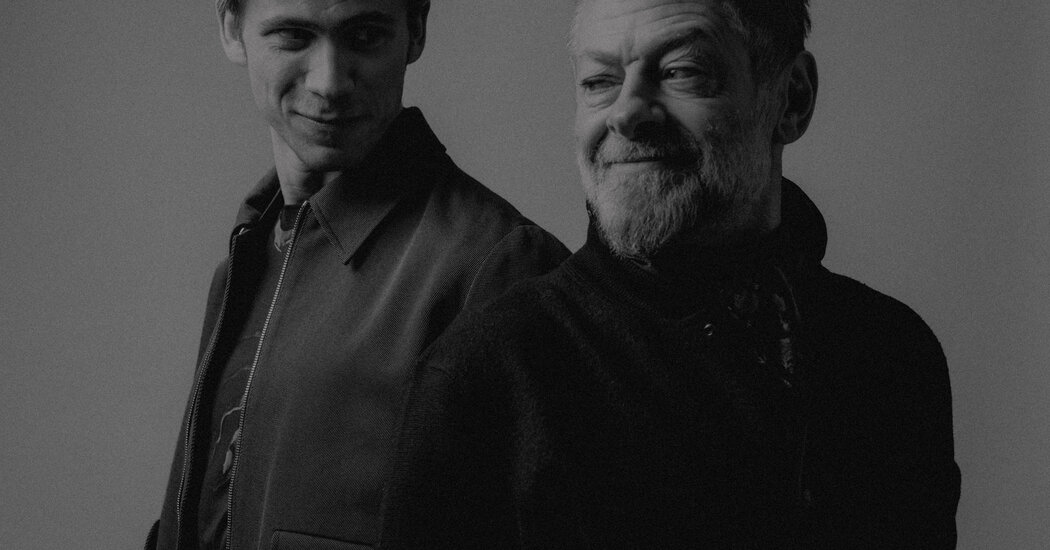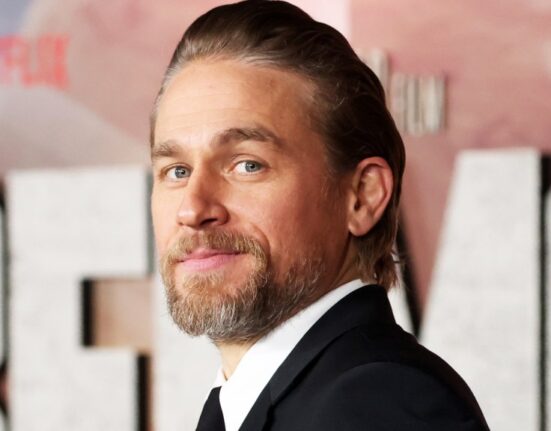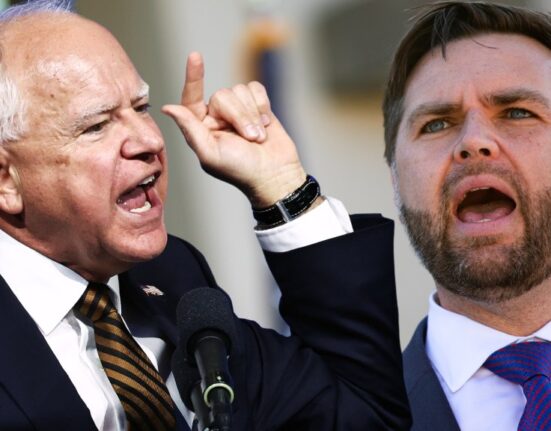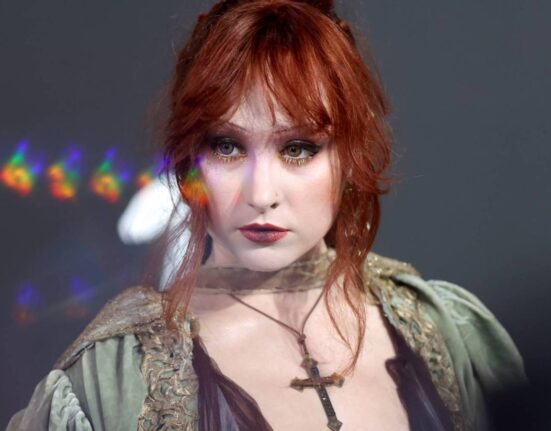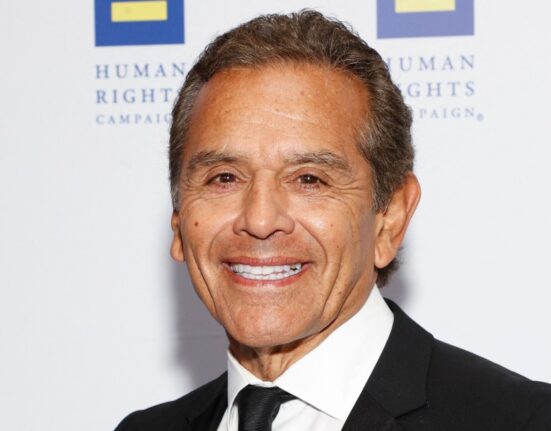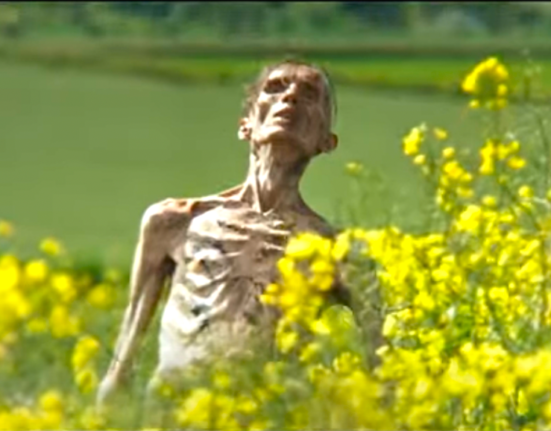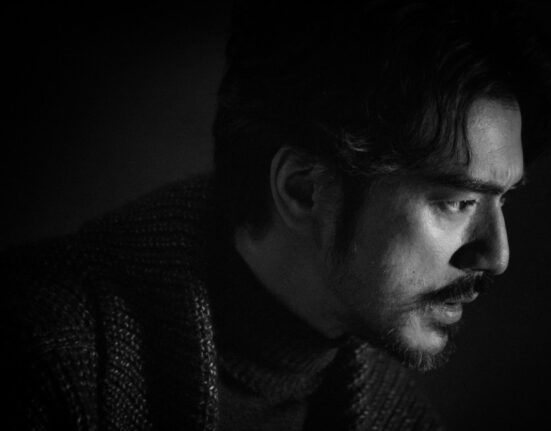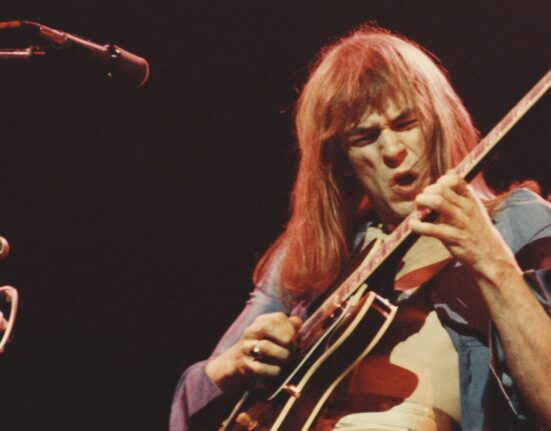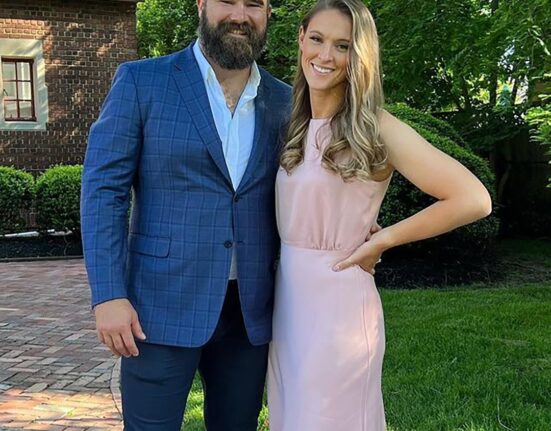Noa, the hero of the new “Kingdom of the Planet of the Apes,” is no Caesar, the commanding, Moses-like leader of the Apes, played by Andy Serkis, in the preceding three movies in the “Planet of the Apes” franchise. Instead, Noa, played by Owen Teague, is a young chimp, tentatively poised between boyhood and manhood, intimidated by his father, the leader of the Eagle clan, and respectful of the troupe’s laws.
But in “Kingdom,” (due May 10), Noa must face the same kinds of trials that Caesar underwent, and ponder the same moral dilemmas about the relationship between apes and humans, including the enduring question of whether peaceful coexistence can ever be possible. And his quiet brooding and subtle shifts of expression must register via performance capture — a complex process that records the movement and facial expressions of human actors and transforms them digitally into the faces of the apes.
In a video conversation, the director Wes Ball said setting “Kingdom” some 300 years after Caesar’s death allowed for tonal and narrative continuity with the previous movies, but also offered “the freedom to be brave and do something different. We’re an extension of the Ceasar legacy, but also our own story.”
Then, he said, the biggest task “was finding a new Andy Serkis. There was so much anxiety around that idea.” But after seeing Teague’s physicality and facial expressivity in an audition tape, he said, he knew they had found Noa.
Luckily, the original Andy Serkis was around to help Teague, mostly known to date for supporting roles, find his leading inner ape. In a video interview, the two men discussed working with performance capture, creating a detailed imaginary world for the characters, and a finding the right balance between human and ape in movement and speech. These are edited excerpts from the conversation.
Andy, when you were approached about being a special consultant on “Kingdom,” was there ever a thought that you might also play a character in the movie?
ANDY SERKIS: No, that was never on the cards. I was very happy to say goodbye to Caesar, although there was a period of bereavement, and this was a way of engaging with the next thing that I really adored. My job was literally a handing-over process, imparting knowledge not just of the technical side, but also of the culture.
We drop anchor in this world a few hundred years after “War for the Planet of the Apes,” and we had to think about this clan, what they knew of Ceasar, how his legacy of social justice, fairness, had disseminated, how they had evolved linguistically and physically.
Because I was in the U.K., and the movie was filming in Australia, we worked remotely. First, it was very much about explaining the process of performance capture. At the end of the day, it’s about acting. Like choreography in a musical, you learn the dance, but at some point, you imbue that movement you’ve been taught with character. The technology isn’t going to provide anything that isn’t in you already. What was apparent early on was Owen’s really intelligent way of getting under the skin of the character. We talked about who Noa was, what his relationships were with his family, his father, his friends. How does the social hierarchy work within that ape group? Is it an egalitarian society? Authoritarian? We gradually built up that fabric.
OWEN TEAGUE: It’s easy to get caught up in the bigness of it all, the new technology. Andy helped shift my focus back to the kind of work I would do for any other character. I had ideas and instincts about Noa that he would interrogate, and then he would be like, here is where you go, how you focus. I asked if the other actors could come in too, and we set up these Zooms where he would talk to us about our culture, our social workings. Andy got us thinking about everything, talking about the day to day minutiae of their lives.
Did you work on the physicality of the role? Since Noa is further along in evolutionary terms, is his movement more humanlike?
SERKIS: Yes. Even with Caesar, we see how much more physically human he becomes. Here, there are subtle things. Mounting horses, for example, is obviously much more familiar to these apes than in our version. Wes described it beautifully, that we were in the primal stage, and they are in the Bronze Age, more familiar with tools and technology, so the way they pick things up and use them is also more adept.
TEAGUE: But Caesar grew up with humans, and that changed how he moved and thought of himself. Noa has never met a human, he doesn’t even know what they are. The clan calls them Echoes, and they are horrifying, like rats. I wanted Noa to feel like a chimp who has grown up with other chimps, so I tried to quadruped as much as possible, keep uprightness to a minimum.
All the actors playing apes went to Ape School for six weeks before shooting. We did stunt training, physical conditioning and our coach, Alain Gauthier, had us moving and improvising in our ape form, just letting the character come out of you. Andy told me to think about where I was carrying tension, when Noa is feeling pressure from his dad, or how he stands when he feels he can do something. Essentially how to use my body as an expression of what was going on internally.
What about speech?
SERKIS: There is of course much more dialogue than in our movies, and if you spoke at the pace we did, the film would be about 14 hours long! The way the apes speak definitely has more fluency now, but there is a fine line between that and sounding too human. It’s very much about connecting to the placement of breath in the chest, not losing the grounding idea that it is a relatively new thing to speak.
TEAGUE: The voice for me was the scariest part of the whole process. I wanted Noa to sound innocent, young. But was my tenor, trebly sound going to be bizarre coming out of an ape’s body? Andy and I worked on the tempo and rhythm of how Noa speaks, and his progression in the film. At the start, my parents don’t speak much, the Eagle clan is very traditional, you do as you are told and look up to your elders. As the film progresses, Noa meets other characters, like Raka and Proximus, who speak much more, and he starts to become more comfortable with language. The challenge was to make it feel real, finding a way to use my breath and voice in a way that made it feel a bit awkward.
Andy, was it a bittersweet experience to revisit this world?
SERKIS: Of course! I watched the movie on my own recently, and it really killed me! I was so happy to hand over the baton, but watching all these brilliant performers, particularly Owen, going off on this new adventure … It was bittersweet, for sure. But what I witnessed was an extraordinarily nuanced performance with a huge range. I feel very lucky to have had the chance to engage with Owen right at the beginning and add a little bit to what it was already going to be.



